
Fox Mulder, the brooding, brilliant, and utterly obsessed FBI Special Agent at the heart of The X-Files, remains one of television’s most enduring characters. Portrayed with a captivating blend of dry wit and profound yearning by David Duchovny, Mulder’s relentless pursuit of the truth behind his sister’s childhood abduction and the existence of extraterrestrial life drove the series’ overarching mythology. His unwavering belief in the paranormal, often in the face of overwhelming skepticism and shadowy government conspiracies, defined him as a modern-day knight errant, tilting at cosmic windmills, forever seeking answers in a world determined to keep them hidden. This journey is at the center of some of the best The X-Files episodes, in which Mulder’s layered psyche is explored.
Selecting the best Mulder episodes in The X-Files involves more than just picking fan-favorite installments. It requires identifying those narratives that significantly advance his personal crusades or showcase the defining facets of his complex personality. These episodes bring Mulder’s obsessions, vulnerabilities, moments of triumph, and devastating setbacks to the forefront, offering viewers a richer understanding of what drives him.
1) “Pilot” (Season 1, Episode 1)
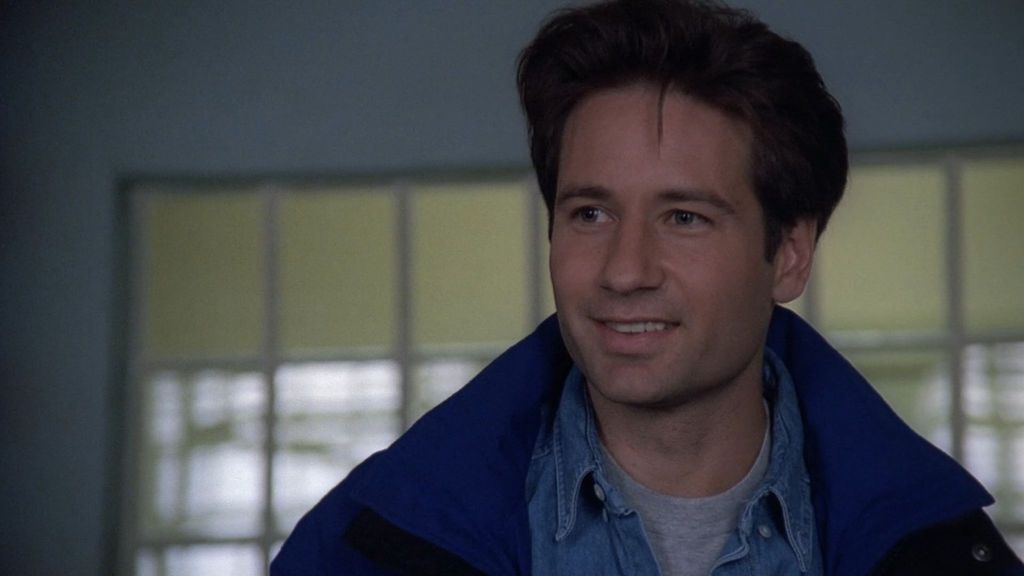
The episode that started it all, the pilot episode of The X-Files, immediately establishes Fox Mulder as a brilliant but ostracized FBI agent. Driven by the childhood abduction of his sister, Samantha, Mulder toils in the Bureau’s basement, dedicating his life to investigating unexplained phenomena and seeking the truth about extraterrestrial existence. This introductory hour perfectly encapsulates his core motivations: his unwavering belief in the paranormal, his resentment of the agency’s skepticism, and his personal quest that fuels his every move. In the pilot, we see Mulder’s sharp intellect, dry wit, and the profound loneliness of his crusade before the arrival of Dana Scully (Gillian Anderson).
The pilot is quintessential Mulder because it lays the groundwork for his entire arc. It showcases his willingness to risk his career for his beliefs and his almost instinctual understanding that Scully, despite being sent to debunk his work, might be different. The episode highlights his investigative tenacity and his deep-seated need to find answers, not just for the world, but for himself. It’s a powerful introduction to one of television’s most iconic characters, setting the stage for years of relentless pursuit of a truth that is, as he famously states, “out there.”
2) “The Erlenmeyer Flask” (Season 1, Episode 24)
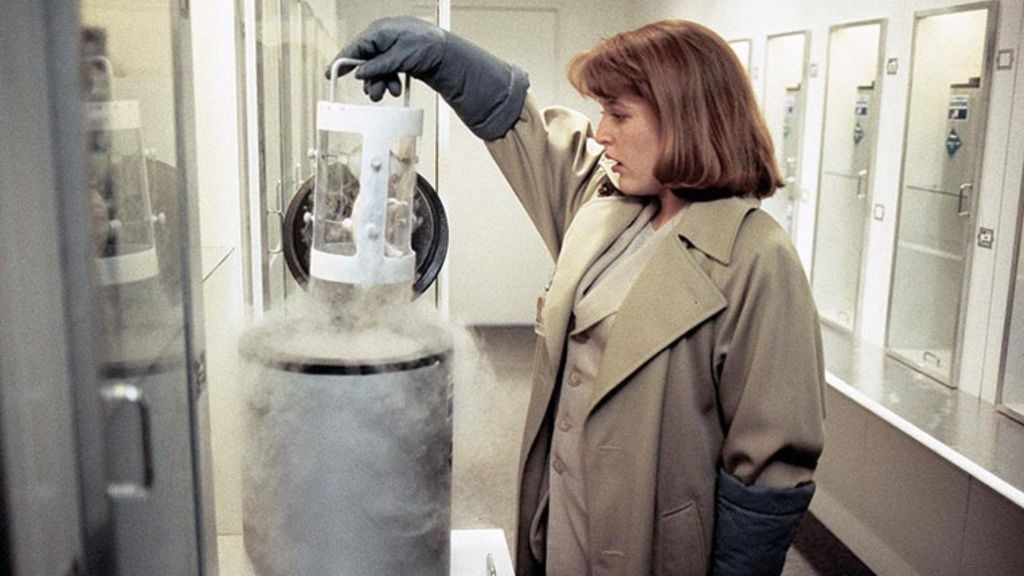
The X-Files first season finale, “The Erlenmeyer Flask,” sees Mulder and Scully’s investigation into a seemingly routine car chase lead them to evidence of secret government experiments involving alien DNA and human test subjects. This episode dramatically escalates the stakes of the mythology arc, putting Mulder directly in the crosshairs of the conspiracy he is trying to expose. His pursuit of answers, even when it means risking his life and career, is on full display as he uncovers shocking truths about alien-human hybrids.
“The Erlenmeyer Flask” is a defining Mulder episode because it crystallizes his role as a truth-seeker up against a powerful enemy. The episode culminates with the apparent shutdown of the X-Files and the iconic image of Deep Throat’s (Jerry Hardin) death, emphasizing the immense personal cost of Mulder’s quest. It showcases his willingness to believe the unbelievable, cementing his dedication to exposing the government’s darkest secrets regarding extraterrestrial life.
3) “Little Green Men” (Season 2, Episode 1)

With the X-Files officially shut down, a disillusioned Mulder finds his belief in extraterrestrial life waning until Senator Richard Matheson (Raymond J. Barry) provides him with an opportunity to travel to the Arecibo Observatory in Puerto Rico, where contact with an alien intelligence may have occurred. “Little Green Men” is a pivotal early episode that reignites Mulder’s core conviction after a period of doubt. His solitary journey to Arecibo, filled with paranoia and hope, underscores his profound need to find proof of what he has always believed.
This episode is essential for understanding Mulder’s character because it showcases his resilience and the deeply personal nature of his quest, even when officially stripped of his resources. The flashbacks to Samantha’s abduction are particularly poignant, reminding viewers of the childhood trauma that set him on his path. “Little Green Men” effectively re-establishes Mulder’s commitment to uncovering the truth about alien life, reinforcing why the X-Files are not just a job for him, but a fundamental part of who he is.
4) “One Breath” (Season 2, Episode 8)

When Scully mysteriously reappears in a comatose state after her abduction, “One Breath” focuses on Mulder’s profound grief, guilt, and rage. This episode strips away Mulder’s usual cool demeanor, revealing the depth of his emotional connection to his partner. He is consumed by revenge against those he believes are responsible for Scully’s condition, clashing with Assistant Director Skinner (Mitch Pileggi) and even contemplating a deal with the Cigarette Smoking Man (William B. Davis) to save her. His helplessness in the face of Scully’s possible death is palpable.
[RELATED: 7 The X-Files Mysteries That Are Still Unanswered Decades Later]
“One Breath” is a standout Mulder episode because it highlights his fierce loyalty and the profound impact Scully has had on him, moving beyond their professional partnership. His desperate actions and emotional turmoil showcase a vulnerability rarely seen, emphasizing that his crusade is not just about abstract truths but also about the people he cares for. The episode beautifully portrays Mulder’s internal struggle between his desire for vengeance and his need to support Scully, solidifying the depth of their bond.
5) “Paper Clip” (Season 3, Episode 2)
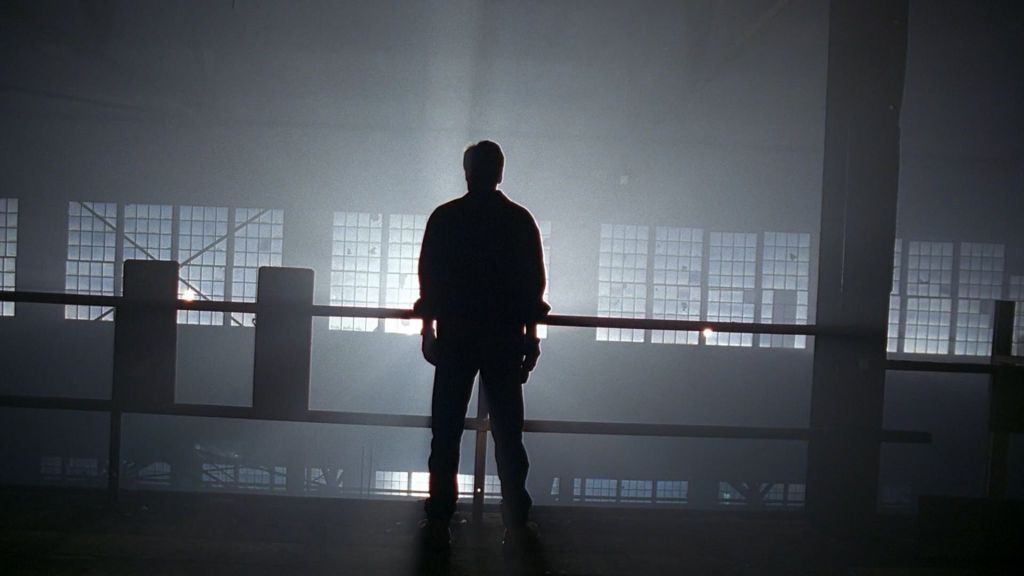
Concluding the explosive season two finale/season three premiere arc (“Anasazi”/”The Blessing Way”), “Paper Clip” delivers a torrent of revelations that strike at the very heart of Mulder’s past and the conspiracy he fights. In this episode, Mulder and Scully delve deeper into the vast government cover-up involving Nazi scientists and alien DNA, leading them to an abandoned mine containing extensive records of human cataloging, including files on Samantha and Scully. The episode also features critical confrontations and uncovers truths about Mulder’s father’s involvement in the conspiracy.
“Paper Clip” stands out due to its profound impact on Mulder’s quest and the overarching mythology. It ties together crucial threads about his family, the Syndicate, and the true extent of the alien conspiracy, providing him with devastating answers and even more dangerous questions. The episode is a masterclass in suspense and emotional resonance, as Mulder uncovers secrets that reframe his understanding of everything he thought he knew, solidifying his resolve to expose the truth, no matter the cost.
6) “Clyde Bruckman’s Final Repose” (Season 3, Episode 4)
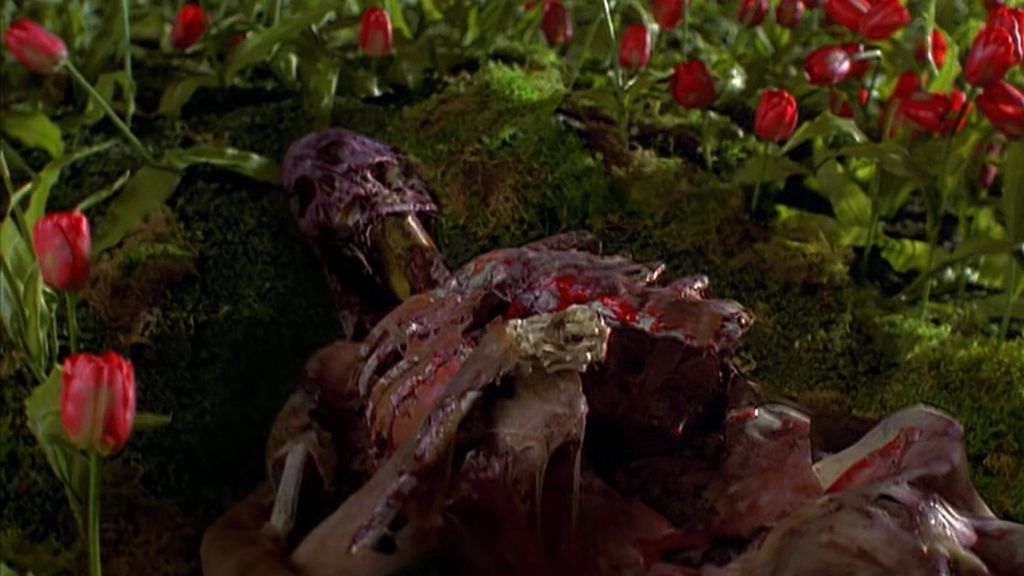
The X-Files Season 3, Episode 4 is an Emmy-winning episode that features Mulder and Scully investigating a series of murders of psychics, leading them to the titular Clyde Bruckman (Peter Boyle), an insurance salesman who can foresee people’s deaths. “Clyde Bruckman’s Final Repose” is a masterpiece of writing and performance, offering a darkly comedic yet deeply philosophical exploration of fate, free will, and mortality. Mulder’s interactions with Bruckman are particularly compelling, as he encounters someone whose abilities far surpass the charlatans he usually debunks.
While a “Monster of the Week” episode, “Clyde Bruckman’s Final Repose” is exceptional for Mulder because it challenges his beliefs and his understanding of the paranormal in a unique way. Bruckman’s melancholic insight into the future, including Mulder’s own demise (which turns out to be a metaphorical one), offers a poignant counterpoint to the agent’s often eager pursuit of the unknown. The episode allows for moments of humor, introspection, and genuine connection, showcasing Mulder’s capacity for empathy even amid the absurdity of his work.
7) “Grotesque” (Season 3, Episode 14)

“Grotesque” is a chilling The X-Files installment that sees Mulder team up with his former mentor, Agent Bill Patterson (Kurtwood Smith), to investigate a serial killer who claims to be possessed by a demonic force. “Grotesque” pulls Mulder deep into the darkness, forcing him to confront the terrifying possibility of empathizing too closely with the monstrous minds he hunts. As he immerses himself in the case, Mulder begins to adopt the killer’s mindset, a process that alarms Scully and showcases his own capacity for all-consuming dedication to understanding the inexplicable, even at significant personal cost.
“Grotesque” stands out as a significant Mulder episode because it explores the razor’s edge he often walks between brilliant profiler and someone dangerously close to the abyss. In this episode, Duchovny delivers a compelling performance as Mulder grapples with the disturbing nature of the crimes and his own intense methods. In addition, “Grotesque” questions the psychological toll of constantly staring into darkness and highlights Mulder’s willingness to sacrifice parts of himself to catch those who operate beyond conventional understanding, making it a truly unsettling character study.
8) “Paper Hearts” (Season 4, Episode 10)
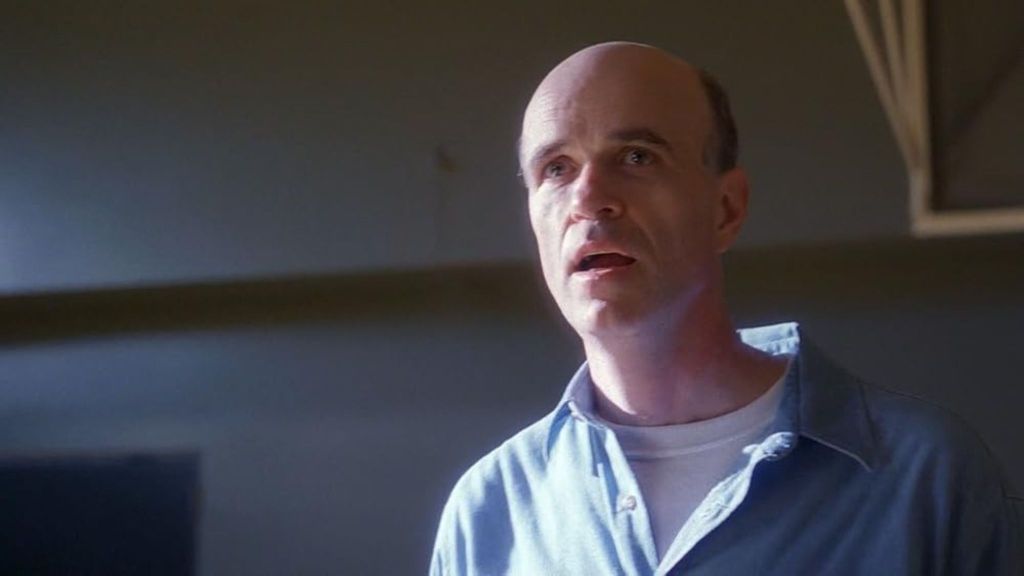
In one of the series’ most emotionally devastating “Monster of the Week” episodes, Mulder confronts John Lee Roche (Tom Noonan), a child murderer whom Mulder helped imprison years earlier. Roche taunts Mulder with the claim that Samantha was one of his victims, providing chillingly plausible details that force Mulder to consider that his sister’s fate might not be tied to aliens but to a far more mundane evil. This prospect shakes Mulder to his core, challenging the very foundation of his lifelong quest.
[RELATED: 7 Must-See Shows If You Loved The X-Files]
“Paper Hearts” is a masterful Mulder episode because it explores the profound psychological impact of Samantha’s disappearance in a new and terrifying light. Duchovny’s performance is exceptional as Mulder grapples with guilt, doubt, and the agonizing possibility that his entire belief system about his sister might be wrong. The episode forces Mulder to confront the darkest parts of human nature and the agonizing uncertainty that has defined his life, making it a deeply personal journey for the character.
9) “Demons” (Season 4, Episode 23)
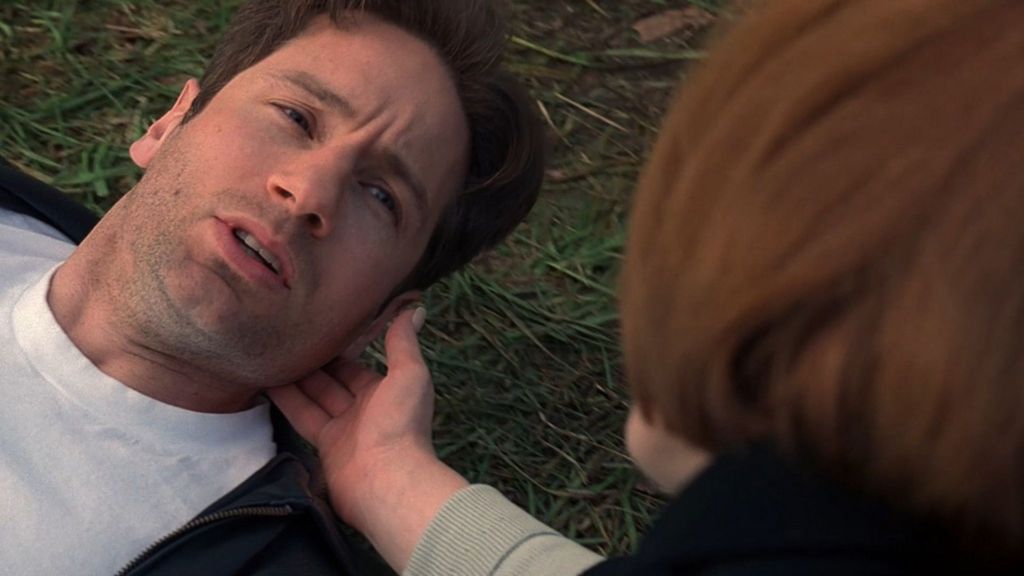
In one of the best The X-Files episodes, Mulder awakens in a motel room covered in blood, with no memory of the past two days, and as the prime suspect in a double murder. “Demons” thrusts Mulder into a profoundly personal and terrifying mystery, forcing him to confront fragmented memories of his childhood and a controversial therapy that may have unlocked suppressed trauma related to his parents and the disappearance of his sister. This episode puts Mulder at his most vulnerable, stripped of his memories and facing the horrifying possibility that he could be capable of violence.
What makes “Demons” a crucial Mulder episode is its direct exploration of his psychological foundations and the lingering trauma that fuels his obsessions. As he and Scully race to piece together what happened, Mulder confronts painful truths about his family’s past and the desperate measures he might have taken to uncover information about Samantha. It’s a raw and intense look at the man behind the believer, showcasing the deep scars that drive his lifelong quest.
10) “Closure” (Season 7, Episode 11)

After years of searching, Mulder finally learns the truth about his sister Samantha’s disappearance in the poignant two-part The X-Files episode that culminates with “Closure.” Through visions and the help of a psychic, Mulder discovers that Samantha was taken not by aliens in the traditional sense, but by “walk-ins,” benevolent spiritual beings who rescued children from unbearable suffering. He learns she lived a relatively normal life for a time before ultimately joining these beings, finding peace away from the earthly realm.
“Closure” is arguably one of the most significant Mulder-centric episodes because it provides a resolution, albeit a bittersweet one, to the central driving force of his entire life. The emotional weight of Mulder finally understanding Samantha’s fate and finding a measure of peace is immense, with Duchovny’s performance conveying years of pain and longing, leading to a profoundly moving acceptance. While the X-Files investigations continue, this episode marks a crucial turning point for Mulder’s personal journey.
Which Fox Mulder-centric episodes do you believe are his absolute best? Share your picks in the comments!
The post 10 Best Mulder Episodes of The X-Files appeared first on ComicBook.com.

